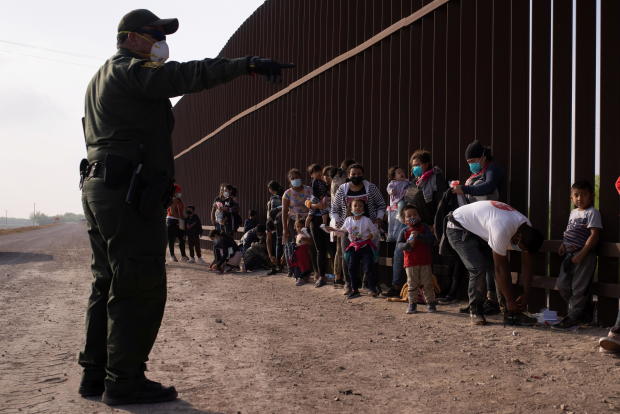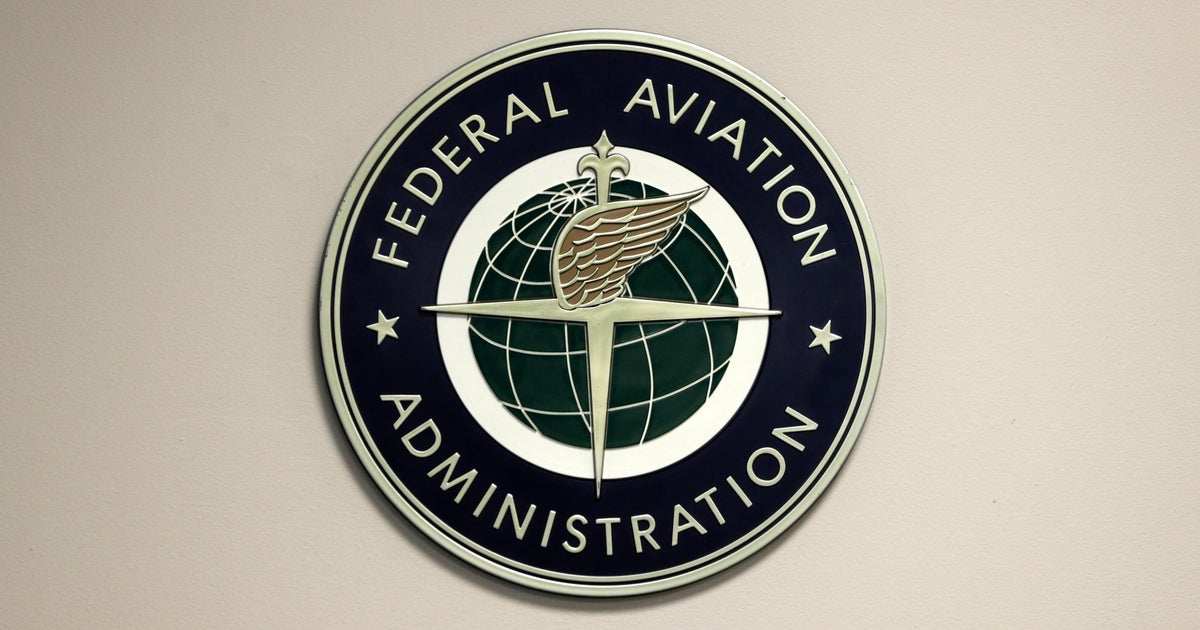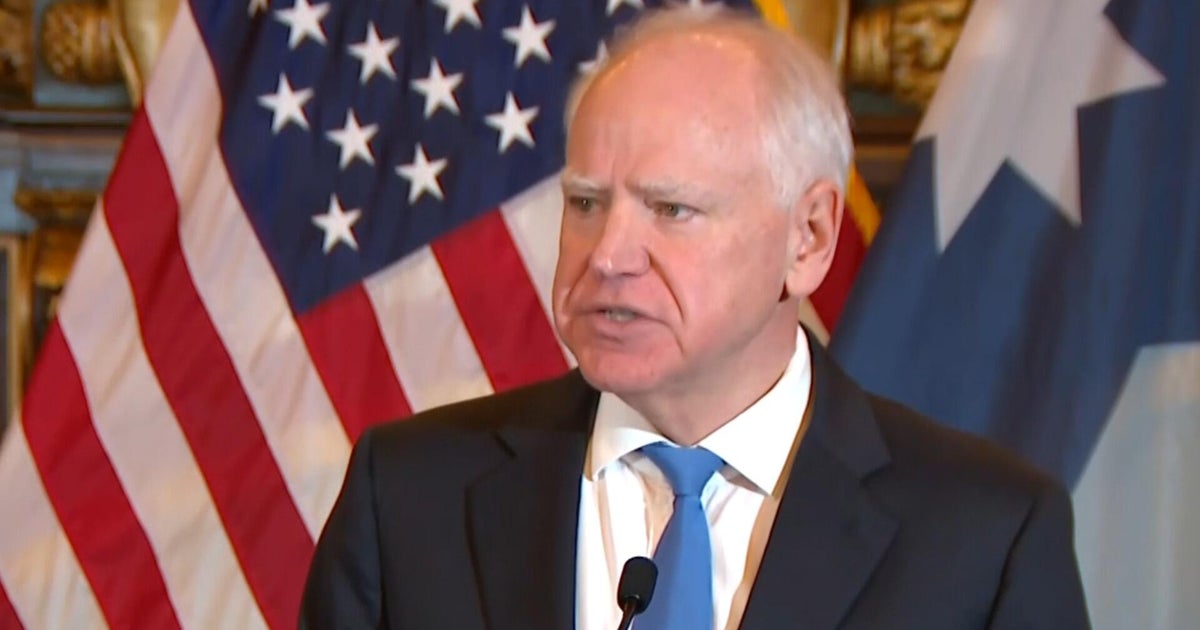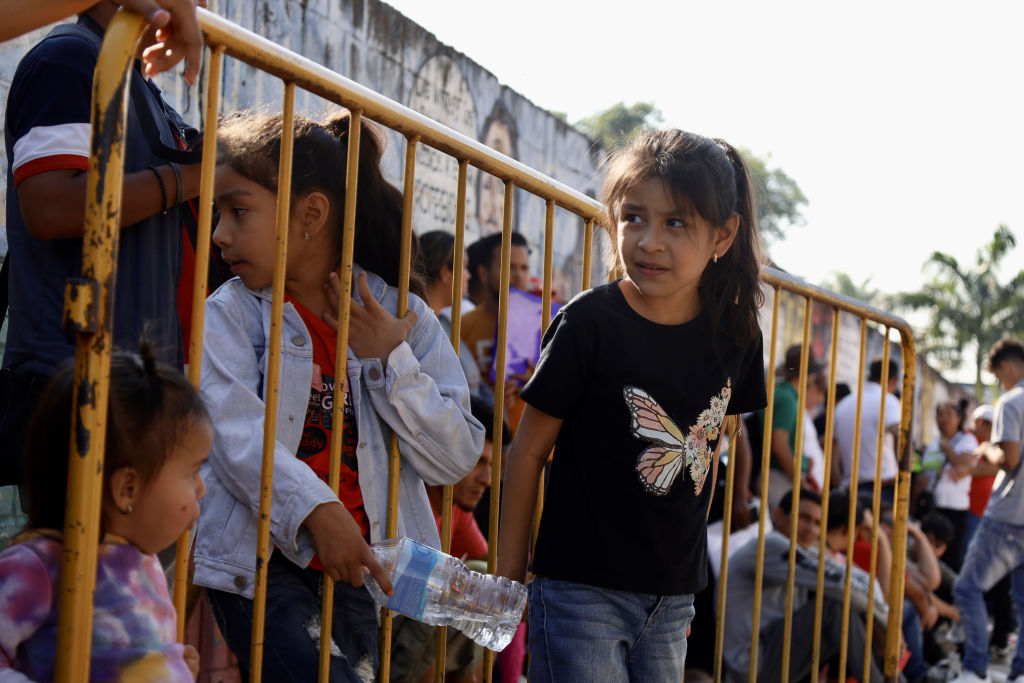With 13,000 migrant children in custody, Biden grapples with first major border test of his presidency
With few empty shelter beds, thousands of unaccompanied migrant children have been stranded in overcrowded U.S. Border Patrol holding facilities for days. Some of the children have reported showering just once in as many as seven days and taking turns to sleep on the floor.
A camp for oil workers in Texas has been converted into an emergency housing facility for the soaring number of migrant minors crossing the southern border without their parents. A Dallas convention center is set to start sheltering teenage boys on Wednesday. Federal installations overseen by the military and NASA could also be turned into facilities to house migrant youth.
On Tuesday, the U.S. government had more than 13,000 unaccompanied migrant children in its custody. More than 4,200 were stuck in Border Patrol facilities unfit to house them, including 3,000 who had been held beyond a 72-hour legal limit. Another 9,200 minors were being housed in shelters that are scrambling to reactivate beds taken offline during the pandemic.
Less than two months into his tenure, President Biden is facing a daunting test at the U.S.-Mexico border, one with acute humanitarian implications that could overshadow his administration's successes in other areas. Unlike his Republican and Democratic predecessors, Mr. Biden's challenges at the southern border have arisen during a once-in-a-generation public health crisis, compounding the difficulty in quickly remedying the situation.
"This is an incredibly urgent situation where children's lives are at stake," Wendy Young, president of Kids in Need of Defense, the largest legal services provider for unaccompanied children in the U.S., told CBS News.
Vowing to repudiate his predecessor's hard-line border policies, Mr. Biden discontinued former President Donald Trump's practice of expelling unaccompanied migrant children without allowing them to request humanitarian refuge in the U.S. Instead, his administration agreed to uphold safeguards in U.S. law that bound the government to transfer most of these minors to shelters while they request asylum or other forms of relief to stay in the country.
Mr. Biden's administration is now facing the logistical challenges of upholding that policy decision as thousands of Central American children and teenagers trek north. Some are fleeing gang threats and persecution. Others are leaving poverty-stricken communities, including ones still recovering from hurricanes that made landfall last year. Many hope to reunite with family.
Overall border apprehensions remain below historic highs and most single adult migrants and some families are being expelled from the U.S. under a Trump-era public health order. However, more than 9,400 unaccompanied minors entered U.S. border custody last month, the highest total for any February in history. The U.S. refugee agency's shelters received 7,300 of these children — another record-high for a February.
The number of children crossing the southern border alone has continued to rise this month. According to government records reviewed by CBS News, more than 570 unaccompanied minors entered U.S. border custody each day during the past week.
In a lengthy and detailed statement published Tuesday, Homeland Security Secretary Alejandro Mayorkas was candid about the gravity of the situation, noting that border agents were encountering unaccompanied minors as young as 6. He conceded that Border Patrol facilities were crowded with children and that his officers were not always meeting the 72-hour legal timeframe to transfer unaccompanied minors to the refugee office.
Unlike his predecessors, who focused on deterring unaccompanied children from setting foot on U.S. soil, Mayorkas has signaled that the Biden administration is confronting the current situation as an operational challenge that can be managed while upholding a more humane policy.
Mayorkas noted he had deployed the Federal Emergency Management Agency (FEMA) to help the refugee office house migrant youth. He also announced that his department was in the process of setting up several new facilities to temporarily hold children and allow them to be transferred to refugee office shelters immediately after entering Border Patrol custody.
"I came to this country as an infant, brought by parents who understood the hope and promise of America. Today, young children are arriving at our border with that same hope," Mayorkas, an immigrant from Cuba, said in the statement. "We can do this."
While he reiterated that the U.S. would not turn back unaccompanied children, Mayorkas made it clear that border agents would continue to expel adult migrants and families with minors under the public health authority first invoked by the Trump administration. He said officials would look to expel more families by helping Mexico expand its capacity to receive them.
However, that policy, known as Title 42, is in legal jeopardy. During the Trump administration, the American Civil Liberties Union (ACLU) convinced three federal judges that the policy likely violates public health law and secured an injunction barring the government from using it to expel unaccompanied children.
The ACLU filed a similar lawsuit to stop the expulsions of families, but agreed to put the case on hold while the Biden administration reassessed U.S. border policy. The hold on the case is set to expire next Tuesday.
"We agreed to put our case on hold to have discussions with the Biden administration, but made it very clear that we would go back to court if the discussions proved unproductive," Lee Gelernt, the lead ACLU lawyer in the case, told CBS News. "If the administration is saying that they're not only not planning on eliminating expulsions of families, but actually increasing the number of families who are expelled, we likely will have no choice but to return to court."
Republican lawmakers, meanwhile, have portrayed the number of children arriving at the southern border as a crisis of security, public health and humanitarian concerns — not an operational challenge. They have blamed Mr. Biden's rhetoric and proposals on immigration for the marked increase in the number of minors entering border facilities and threatened to derail the administration's legislative priorities as a result.
"It is indeed a crisis that continues to deepen each and every day," Republican Congressman John Katko said during Mayorkas' appearance before the House Homeland Security Committee on Wednesday. "One thing that deeply disturbed me was the number of children being encountered along the border, exposed to the elements and having experienced a dangerous, traumatic journey from their home countries."
Democratic Congressman Raul Ruiz, a physician from California, called the criticism coming from his Republican colleagues "hypocritical," saying most did not vocally oppose the Trump administration's policy of separating migrant children from their parents in 2017 and 2018.
Ruiz, the chair of the Congressional Hispanic Caucus, said the Biden administration is facing a "capacity issue" along the southern border — not a security crisis.
"Now, the effort and focus is to keep families together and to expedite safely getting unaccompanied into the homes of relatives that care for them," Ruiz told CBS News. "That is the number one goal, whereas before, the Trump administration created the scenario of unaccompanied minors by taking them away from their parents."
The Office of Refugee Resettlement, overseen by the Department of Health and Human Services, has sharply increased releases of unaccompanied children to sponsors, who tend to be family in the U.S. However, the number of children entering custody is significantly outpacing the discharge rate, creating the current massive backlog of minors stuck in Border Patrol custody.
The refugee agency is looking at setting up new emergency housing facilities in addition to the ones opened in Dallas, Carrizo Springs and Midland, Texas. Unlike shelters, these facilities do not have licenses from state authorities to house children — a concern for some advocates.
"Are these large facilities ideal? Absolutely not. But it's what we have available to us now," Young, KIND's president, said. "Frankly, I would much rather have the kids in these emergency facilities, rather than sitting in Border Patrol stations or worse yet, pushed back into Mexico or returned to their home countries."
Young said the current increase in arrivals of migrant children, while a formidable logistical challenge, presents an opportunity for the U.S. government to increase its capacity to process them as well their claims for humanitarian relief.
"Lean in, take a 'can do' attitude," Young said. "There's nothing this country can't do."





